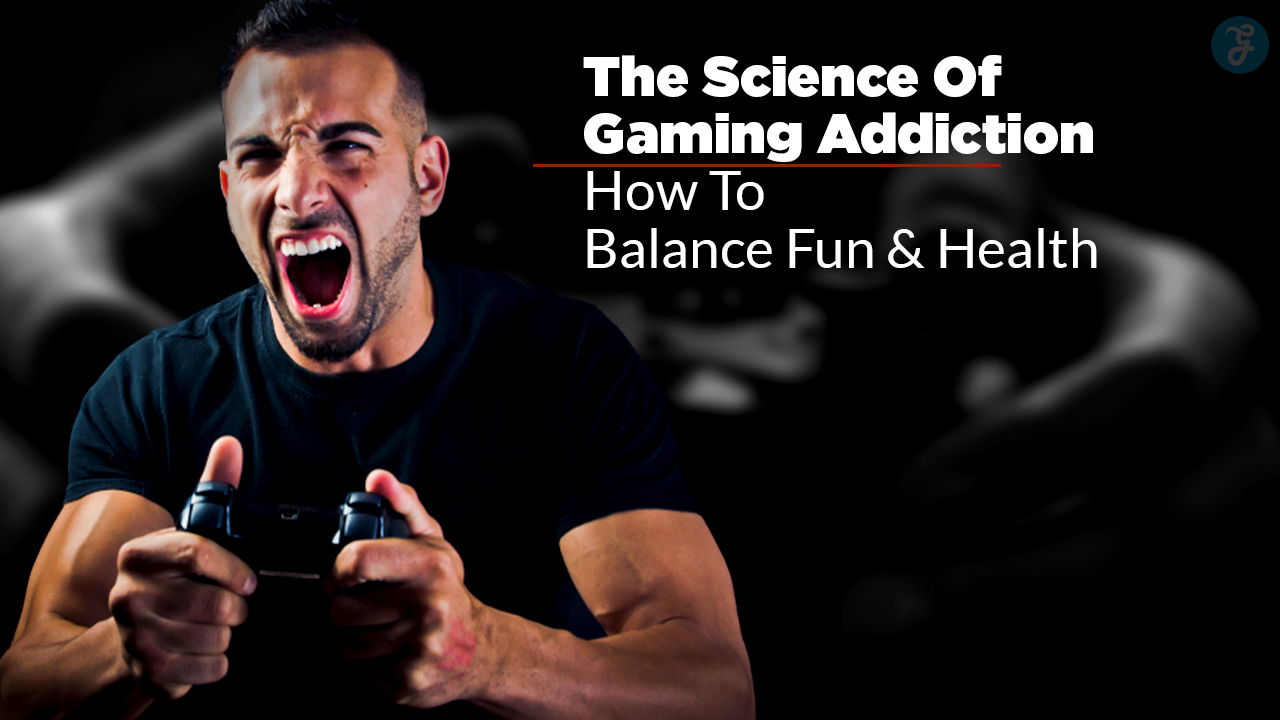Veterans of the American military who have been injured or developed diseases during their service are eligible to financial assistance and healthcare benefits under va disability law. This corpus of legislation greatly helps those who have lost their life for their country. Negotiating the complexity of VA disability law might be a terrifying chore for soldiers and their families, though. This page seeks to provide a comprehensive understanding of VA disability law covering eligibility, the claims procedure, and ways veterans could insure they get the benefits they are entitled to.
What are VA Disability laws?
VA disability laws are basically the corpus of laws, regulations, and policies guiding veterans’ compensation for ailments developed or aggravated during their military service. The Department of Veterans Affairs (VA) will handle distributing these benefits. The law covers physical and mental health problems including musculoskeletal injuries, hearing loss, and post-traumatic stress disorder (PTSD) connected to a veteran’s service. The major goal of VA disability law is to ensure veterans with impairments or diseases related to their service receive the necessary financial and medical aid. Among other needs, the money can cover rehabilitation, medical bills, and living expenses.
Eligibility for VA disabilities
Under VA disability law, veterans have to meet specific eligibility criteria to be qualified for disability pay. The VA uses a set of procedures to determine whether an illness of a veteran is service-connected. Usually, the treatment comprises in the following stages:
- Veterans have to prove that their handicap changed or grew during their military service. This covers diseases brought on by training mistakes, combat, hazardous chemical exposure, or other military-related occurrences.
- Using a service connection, the VA rates impairments ranging from 0% to 100% in increments of 10%. This ranking defines the degree of the condition and how much it influences the veteran’s capacity for daily activities or employment. Better grades translate into more pay.
- Veteran discharges must be free from dishonorability. Although there are few exceptions, veterans discharged under dishonorable conditions usually are not eligible for VA disability benefits.
The VA asks for comprehensive medical data to support a disability claim. This covers medical exams, service treatment records, and other information relating the veteran’s condition back to their military service.
Common Disabilities Covered by VA Disability Laws
Under VA disability rules, a wide range of health problems—from physical injuries to mental health disorders—can be covered. Among the most typically occurring disabilities are:
- Many veterans—especially those who have been in war—have mental disease called post-traumatic stress disorder. Symptoms could call for flashbacks, nightmares, great anxiety, and depression.
- From exposure to loud noises during their service—gunfire, explosions, aircraft engines, etc.—many veterans acquire tinnitus, or ringing in the ears.
- Common resulting from the physically taxing nature of military job are musculoskeletal problems including back pain, joint problems, and amputations.
- Usually the result of explosions or concussive incidents, traumatic brain injury (TBI) can affect behavior, memory, and cognition over long terms.
The Benefit of VA Disability Advocates and Lawyers
Although veterans can negotiate the claims process on their own, many choose to ensure they receive their maximum benefits by using VA disability lawyers or qualified advocates. From submitting the first claim to appealing a denied or inadequate rating, these professionals are well-versed in VA disability law and can provide crucial advice during each part of the process. Usually paid a contingency fee, VA disability lawyers are paid only should the veteran’s claim be approved. Legal counsel is more readily available for veterans who might lack the resources to pay upfront expenses.
In conclusion, VA disability law is absolutely vital in ensuring veterans get the benefits and support they are due for the sacrifices made during their military service. Even while qualifying for and defending disability claims might be complex, the result can be much influenced by knowing the basic legal principles, eligibility criteria, and easily available tools. Using the benefits offered by VA disability law, veterans with service-connected disabilities should make sure their claims are handled with the necessary care and attention; when necessary, they should also consult experts.




































